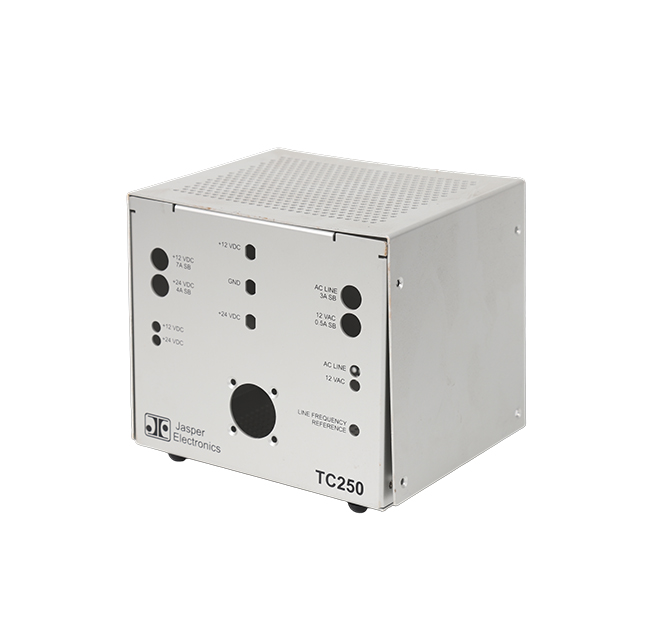Time:2025-06-24 Views:0 source:CNC Machining customization source:CNC Machining news

Destructive testing in sheet metal processing is essential to ensure the quality and integrity of the fabricated components. These standards are established based on a combination of industry best practices, safety requirements, and material properties. One of the primary aspects of destructive testing standards is related to the mechanical properties of the sheet metal. For example, tensile testing is a common destructive test. The standard for tensile testing in sheet metal processing typically involves using a universal testing machine to apply a gradually increasing tensile force to a test specimen cut from the sheet metal. The specimen's dimensions, such as gauge length and cross - sectional area, are precisely defined in the standard. The test measures parameters like ultimate tensile strength, yield strength, and elongation. In the automotive industry, where sheet metal parts are used in critical components like car bodies, the ASTM E8 standard is often followed for tensile testing. This standard ensures that the sheet metal can withstand the mechanical stresses during vehicle operation, such as impacts and vibrations.
Another important area of destructive testing standards is related to hardness testing. Hardness is a crucial property as it affects the wear resistance and formability of the sheet metal. The Rockwell hardness test is frequently used in sheet metal processing. The standard for Rockwell hardness testing specifies the type of indenter to be used (e.g., a diamond cone for the Rockwell C scale or a hardened steel ball for the Rockwell B scale), the load applied, and the dwell time. For instance, in the aerospace industry, where sheet metal components need to be both lightweight and durable, strict hardness standards are adhered to. Components made from aluminum alloy sheet metals often have specific hardness requirements defined in standards like MIL - HDBK - 5. These standards ensure that the sheet metal can resist deformation and maintain its structural integrity in the harsh operating conditions of aircraft.
Fracture toughness testing is also part of the destructive testing standards for sheet metal. This type of testing is vital for determining the ability of the sheet metal to resist crack propagation. Standards such as ASTM E399 define the procedures for measuring the fracture toughness of sheet metals. The test specimens are carefully prepared with pre - cracked notches, and then loaded until fracture occurs. By analyzing the fracture surface and the load - displacement data, the fracture toughness value can be calculated. In the construction of pressure vessels using sheet metal, fracture toughness testing according to relevant standards is mandatory. This ensures that the sheet metal used in the pressure vessels can withstand the internal pressure without sudden catastrophic failure due to crack growth.
Read recommendations:
Sealing ring Precision electronic parts
Housing components for recessed downlights Precision electronic parts
Oval Magnetic Hardware Precision electronic parts